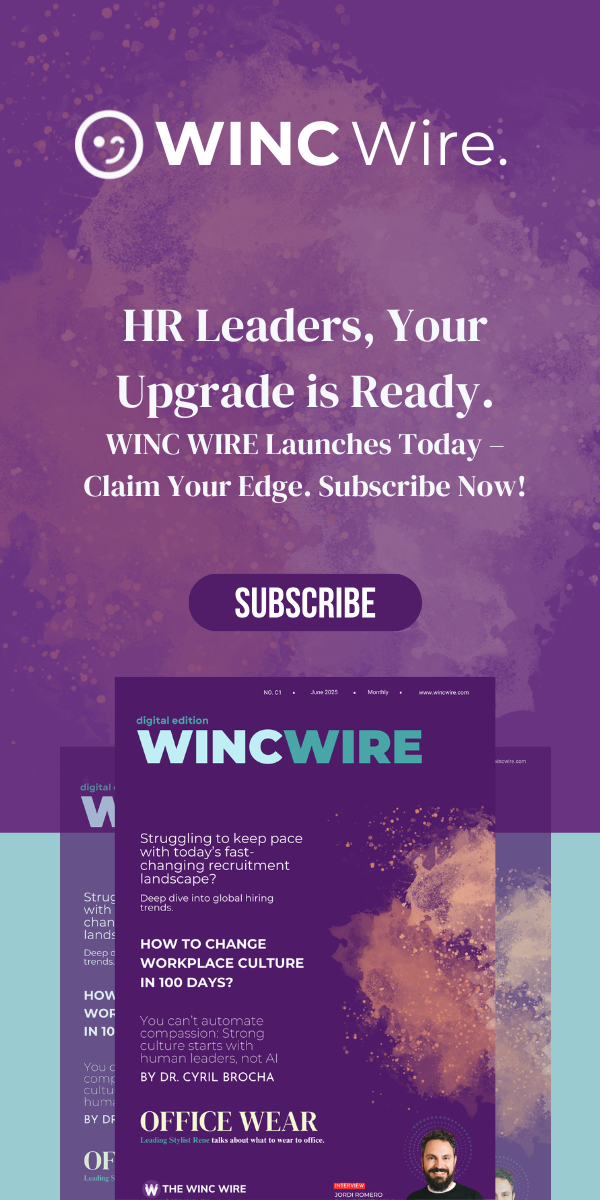October 2024 doesn’t just usher in a legal shift it marks a defining cultural moment for UK workplaces. The introduction of the Worker Protection (Amendment of Equality Act 2010) Bill places a new legal duty on employers to take “reasonable steps” to prevent sexual harassment. But let’s be clear: this is not just a tick-box compliance measure. It’s a golden opportunity to rethink the fabric of workplace culture itself.
The issue isn’t new. Unwanted attention be it subtle or overt has long cast shadows across otherwise thriving teams. But for too long, employers have reacted only after damage was done. Now, with this legislation acting as both compass and catalyst, we’re being called to pivot from reactive damage control to proactive culture-building.
The real question remains: will employers rise to meet the spirit of this law, or will they merely meet the minimum?
Defining ‘Reasonable Steps’: From Policy to Practice
The phrase may sound bureaucratic, but its implications are anything but. “Reasonable steps” implies a deliberate, contextual commitment to safeguarding people actions rooted in lived realities, not just policies in employee handbooks.
Here’s what that might look like when brought to life:
- Educate with Depth and Purpose
Awareness can’t be surface-deep. Real change begins when employees engage with training that resonates not just once a year, but in an ongoing dialogue. Subtle dynamics, micro-behaviours, and power structures must be brought into the open. - Create Trustworthy Avenues for Speaking Up
A single, formal complaints process won’t cut it. Confidential reporting options, peer-led listening spaces, and anonymous tools offer psychological safety essential for those hesitant to raise concerns. - Equip Line Managers to Lead Culture from the Front
Managers aren’t just administrators they’re culture carriers. Equip them with tools to identify, challenge, and resolve issues early. The goal? A culture where people trust their managers not just to listen, but to act. - Track. Measure. Course-Correct.
Whether it’s pulse surveys, demographic breakdowns of progression data, or monitoring complaint patterns, insight drives impact. Without feedback loops, initiatives risk stagnation.
Why Prevention is an Act of Leadership, Not Just Law
It’s easy to view this legislation as just another HR hurdle. But that lens is too narrow. At its heart, this is about safeguarding human dignity and strengthening organisational integrity.
The reputational cost of getting this wrong is high. In a market where talent seeks value alignment, workplaces that tolerate toxic behaviours risk more than tribunal claims they risk erosion of trust and long-term brand damage.
More importantly, harassment is often a symptom of something deeper: entrenched power imbalances, gender disparity, and systemic silence. Organisations that confront these issues don’t just reduce legal risk they contribute to wider social equity.
Stepping Up: What Leading Employers Do Differently
Complying with the law is table stakes. But setting a new standard? That takes courage and intention. Here’s how to go beyond the baseline:
- Model Respect from the Top
Culture flows from the top. When leaders openly challenge inappropriate behaviour, champion equity, and show up in allyship, it sets a tone no policy can match. - Foster a Climate of Openness
Empower people to speak, question, and challenge without fear. An open-door culture signals psychological safety and builds communal accountability. - Prioritise Wellbeing as Infrastructure
This isn’t about soft skills it’s structural. Psychological safety must be built into team dynamics, performance systems, and leadership training. When people feel safe, they speak up. And when they speak up, organisations get better. - Continually Evolve Your Approach
Static frameworks won’t serve a dynamic workforce. Review and refresh regularly drawing insight from employee feedback and evolving best practices.
From Legal Obligation to Cultural Opportunity
The truth is, we’ve had laws for decades but culture doesn’t shift through compliance alone. It changes when we embed values in our daily operations, and when leaders demonstrate the courage to act early, not just react late.
The Worker Protection Bill presents more than an obligation it’s a watershed moment. A chance for employers to become architects of respectful, inclusive, future-ready organisations.
So here’s the challenge: don’t wait for enforcement. Be the organisation that leads from the front. Set the tone. Lay the foundations for cultures of excellence where every voice matters, and every individual feels protected, respected, and empowered to thrive.
This is more than a policy it’s a promise. A promise that the future of work will be fairer, safer, and built to last.





